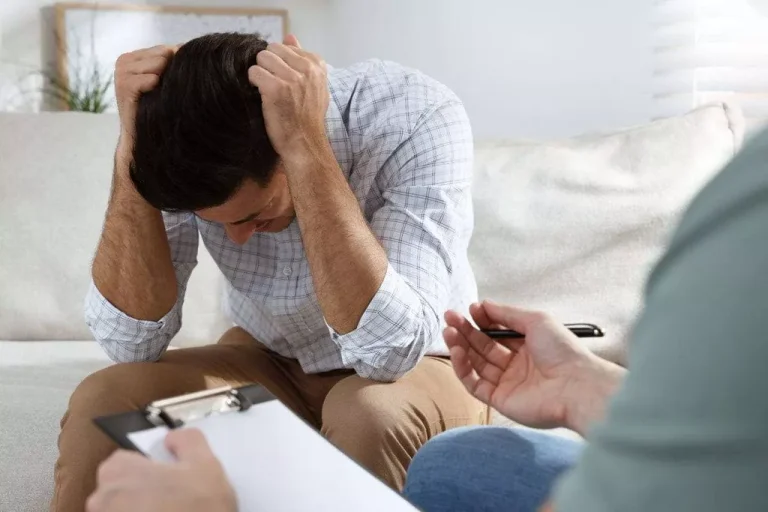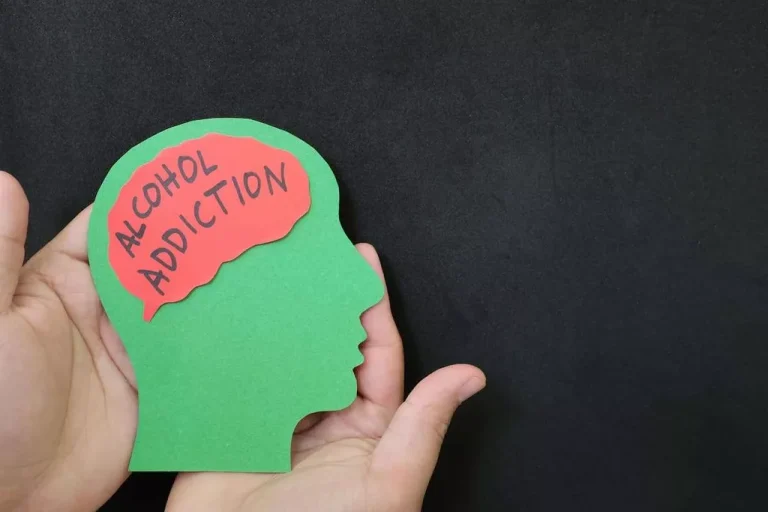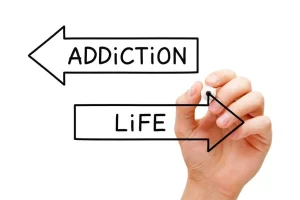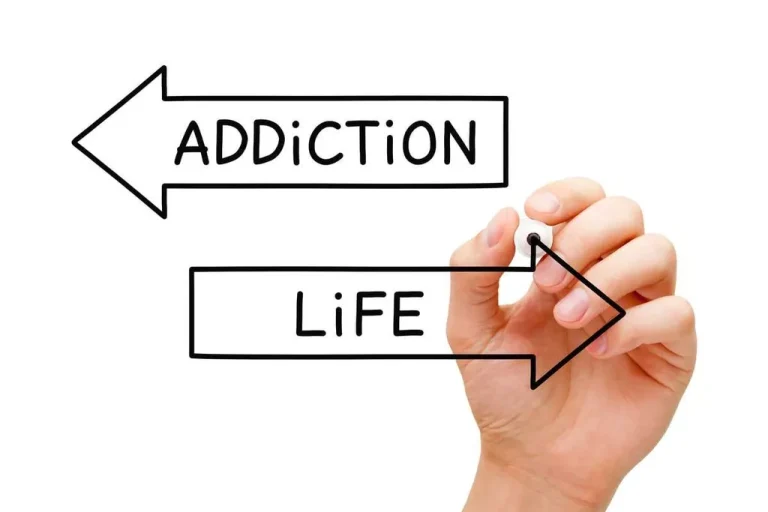Warning: Illegal string offset 'skip_featured' in /home/echoco7/public_html/mix4tv.com/wp-content/themes/twisted_16/twisted/single.php on line 104
Warning: Illegal string offset 'skip_featured' in /home/echoco7/public_html/mix4tv.com/wp-content/themes/twisted_16/twisted/single.php on line 106
Warning: Illegal string offset 'skip_featured' in /home/echoco7/public_html/mix4tv.com/wp-content/themes/twisted_16/twisted/single.php on line 106

Heavy drinking tends to cause more serious intoxication and may eventually cause serious health issues, such as blackouts or kidney failure. Usually a man will start to feel tipsy after consuming 2 to 3 alcoholic drinks in an hour. A woman will feel tipsy after consuming 1 to 2 alcoholic drinks in an hour. The more alcohol you drink, the stronger the effects of alcohol on the body. Considering that half of all college students report having blacked out at least once, this may not seem like a big deal.
- Cultural attitudes towards drinking can shape how individuals perceive and engage in alcohol consumption, influencing drinking patterns and social norms.
- It acts as a depressant, slowing down the central nervous system.
- By doing so, they further normalize prioritizing mental health over traditional drinking habits.
- But many of those studies were based on after-the-fact reporting by subjects or people who knew them.
- If you’re able to reduce your drinking, your brain function may recover in the first few months, he says.
What are the short and long-term effects of alcohol use on your brain and body?
Whether or not you’ve eaten affects how quickly alcohol enters your bloodstream. Keep in mind that it isn’t just the number of drinks you have, but also the type, since some bevvies have higher alcohol content than others. How much alcohol you consume plays a role in how long you’ll stay drunk. You can’t really predict how long you’ll stay drunk, and try as you might to stop being drunk faster, there’s nothing you can do to lower your BAC once you’ve started drinking.
Prioritizing mental health
The experience of alcohol flush reactions (e.g., body flushes and nausea) why do i like being drunk after ingestion negatively affects the value of drinking alcohol. The flush reaction is more common in Asian populations but can occur among other groups as well. People with this reaction experience drinking alcohol as less pleasurable than others do, and they have lower drinking rates.
- Reducing drinking, or even eliminating it altogether, can lower a person’s risk of these conditions and complications.
- When alcohol is consumed rapidly, the body may not have enough time to metabolize it effectively, leading to a higher BAC and a more pronounced level of intoxication.
- They’re cultivated over time through observations and external influences.
- Historically, public awareness of such risks, specifically the links to cancer, has been low.
Drinking to Be Social

In addition to physical symptoms, being drunk can lead to a range of emotional and psychological effects. Initially, many people report feeling euphoric, happy, and more social. This is because alcohol stimulates the release of neurotransmitters like dopamine and serotonin, which contribute to these feelings. The social environment plays a significant role in the experience of being drunk. Many people enjoy drinking in social settings, where the atmosphere can enhance feelings of happiness and reduce social anxiety.


One might say that this person has a “high tolerance” for alcohol. Drinking too much can make even the best of us look “sloppy.” That’s because alcohol activates a receptor in the brain called TLR4, which impairs motor function. This can lead to behavior changes like slurred words and stumbling when we are drunk. When irritation turns to aggression, it can place family and friends in real danger. Alcohol abuse plays a major role in the perpetration of intimate partner violence. Alcohol use is also linked to increased lifetime risk of physical assault.
- Second, those who drink mainly for coping motives have higher levels of neuroticism, low level of agreeableness and a negative view of the self.
- Symptoms of alcohol poisoning include confusion, vomiting, seizures, slow breathing, and unconsciousness.
- Just because you can “hold your drink” and don’t feel intoxicated doesn’t mean that you’re not.
- Here’s a look at all the variables that affect how long drunkenness lasts.
Prolonged use of alcohol is toxic to neurons and can result in neuron death. “Chronic alcohol misuse has been shown to compromise many areas of functioning such as abstract thinking, problem solving, and perception of emotion,” he explains. Certain aspects of your personality can lessen, or heighten, according to context — this is called adaptability. To resist the lure of alcohol, willpower alone is often not sufficient.
The relationship between these two factors is multiplicative (Value x Likelihood). This means that there will be no motivation to the goal pursuit if the value of the goal is zero, no matter how high the likelihood of success. Similarly, there will be no motivation if the expected chance is quite low. Alcohol is a diuretic, meaning it makes you urinate more frequently.

But today, alternative activities like wellness retreats, sober-friendly events and even dry bars are becoming increasingly popular. In fact, one of the main delights—and pitfalls—of drinking is that it allows people to cast off the shackles of normal human behavior. But some drug addiction people, as anyone who has been to an overlong wedding reception can attest, change more than others when they’re tanked.

